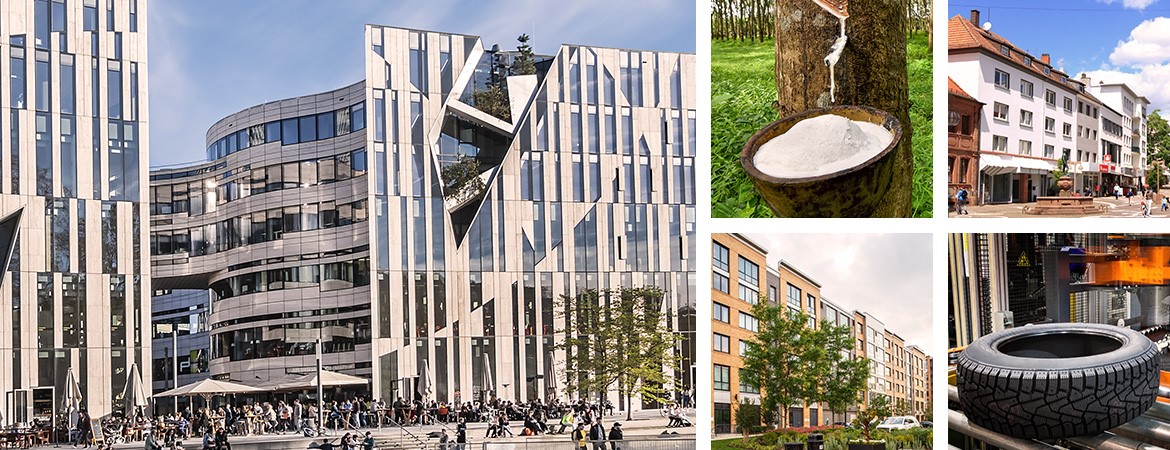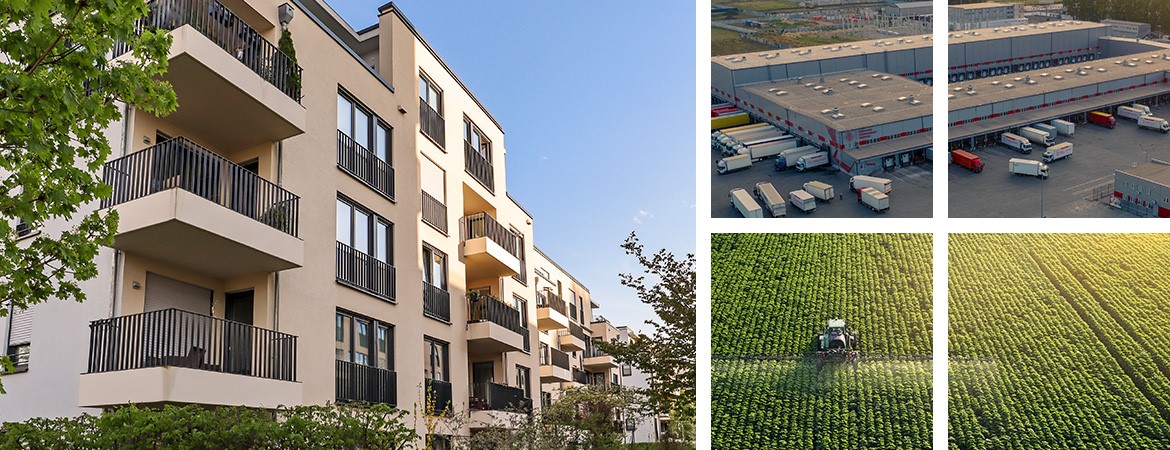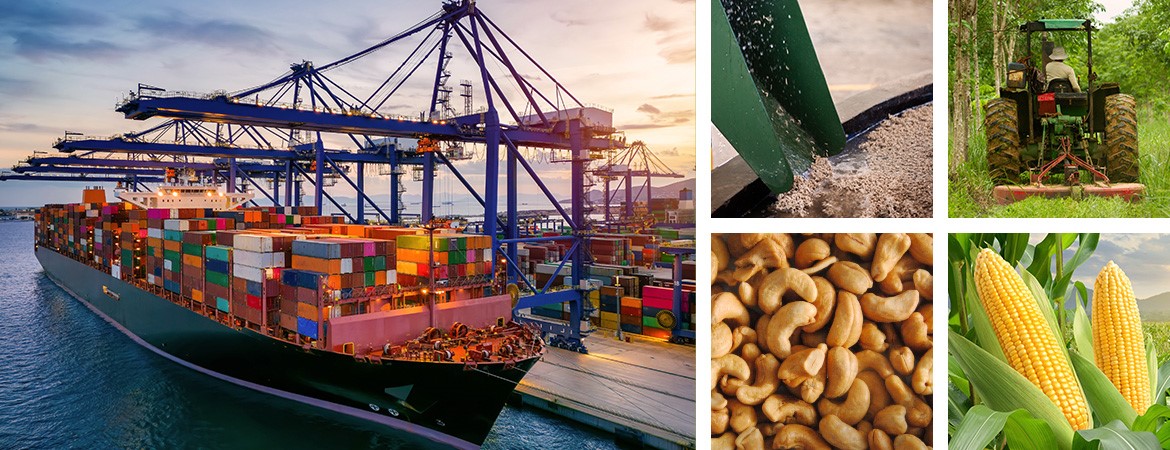








The commodity trading referred to with this term is probably the most exciting and fastest growing chapter in TIMBERFARM’s corporate development.
GloReg was originally founded to supply TIMBERFARM’s GRAN PIEDRA rubber factory in its initial years of operation with additional imported natural rubber to get the most out of the factory. While the volume of rubber on the TIMBERFARM and PANARUBBER plantations in Panama is increasing each year, the processing ability of GRAN PIEDRA will only be at capacity in the years to come.
Both in other Latin American countries and mainly in Asia there are numerous rubber factories which are unable to meet the demand of the regional tire factories. They rely on the import of raw rubber. In many countries in Africa the situation is exactly the opposite where rubber producers lament the fact that there are not enough rubber factories to process their raw rubber to industrial standard products. This is why TIMBERFARM decided to be more proactive in the trade sector – a strategy which quickly proved itself. GloReg’s raw material department meanwhile purchases unprocessed rubber from Africa in ever greater volumes and sells it with attractive margins mainly to large rubber factories in Asia. Only a portion as was originally planned is shipped to Panama to be processed in its own GRAN PIEDRA rubber factory.
Seeing as in 2019, in the second trading year, over 40,000 tons of raw rubber were purchased and sold with a profit, GloReg is expecting a volume of more than 100,000 tons for 2020. Of that around 1,800 tons will come from TIMBERFARM’s plantations in Panama.
GloReg’s trading potential is immense. Alone in the global rubber market at the level of primary raw materials, around US$ 25 billion dollars are transacted each year. If the next level is added – the stage of processing rubber standard products, so the so-called industrial intermediate goods – the worldwide rubber trading turnover is close to US$ 100 billion dollars.
The strategic alignment of GloReg’s trade department is thus multifaceted. It includes trade with raw rubber, rubber standard products, and other renewable agricultural commodities.
In the 2020 – 2025 business cycle, GloReg’s annual trading volume is expected to increase to up to US$ 500 million dollars. That corresponds to a share of two percent of the primary market or 0.5 percent of the global rubber trade. The share of raw rubber is pegged at around 600,000 tons annually.
Rubber production in Panama is essential for TIMBERFARM even if in the medium-term the volume and share are rather modest at around 18,000 tons annually and over the long term 30,000 tons thereby accounting for a share of roughly five percent of GloReg’s entire rubber business. TIMBERFARM’s and PANARUBBER’s rubber plantations as well as the GRAN PIEDRA rubber processing plant are the foundation of the group of companies. They are the mainstay of TIMBERFARM’s current and future rubber business.